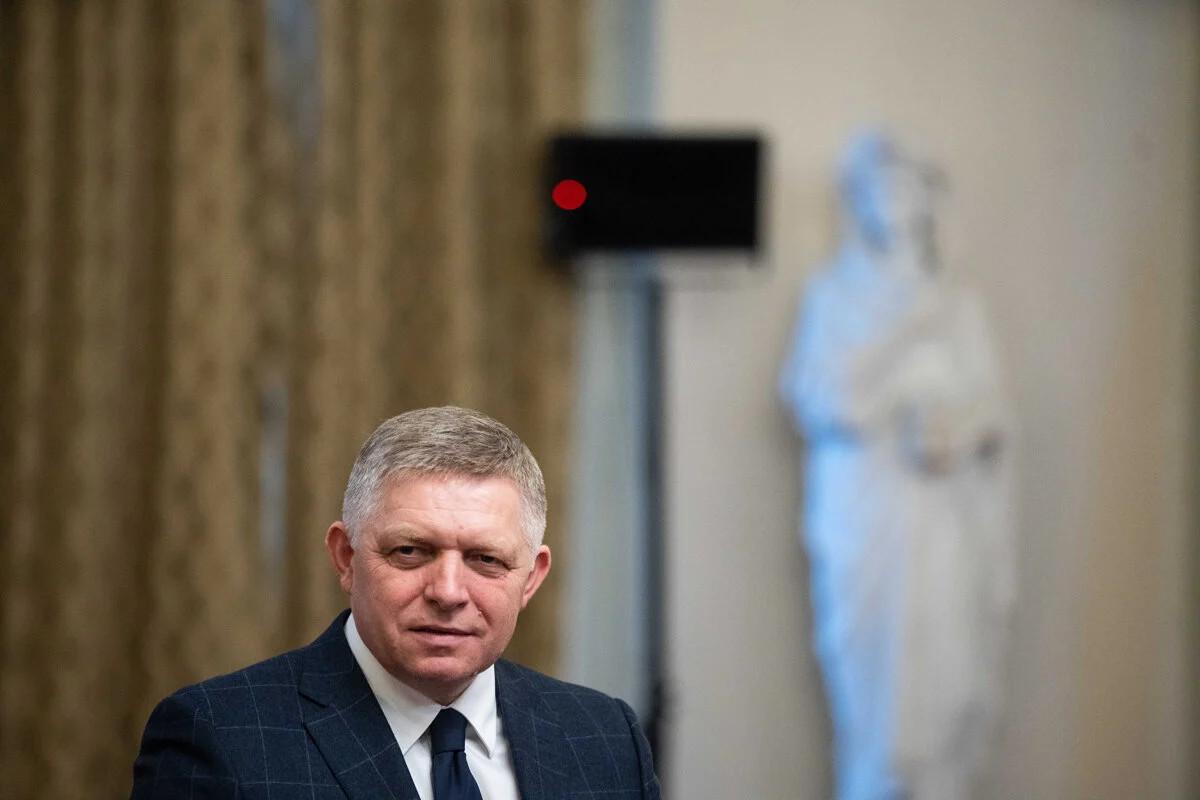Welcome to your weekly commentary and overview of news from Slovakia. Fico’s coalition partners have until Monday, after which the prime minister pledges to take steps. Have a heart, SNS leader Andrej Danko writes to Fico. Fico writes to Musk, and welcomes Trump’s call with Putin. And a state-run agency publishes its first opinion poll in 15 years.
If you have a suggestion on how to make this overview better, let me know at michaela.terenzani@spectator.sk.
Bring me my quill: Slovak politics take an epistolary turn
After Donald Trump and Vladimir Putin spoke on the phone last week, most European leaders rushed to stress that there could be no lasting peace if Ukrainians and Europeans weren’t part of the conversation. Slovak Prime Minister Robert Fico, whose favourite online tactic is to bemoan that he is the only one to look beyond the consensus and pursue alternative solutions, gleefully recast the development as his “I told you so” moment.
Turning to a tennis metaphor, he declared that “the presidential pair” (i.e. Trump-Putin) had “won the match” against Ukraine and the European Union. He even provided a diagnosis as to why this was – the EU, he said, does not have its own opinion on foreign policy issues and only “blindly copied the Biden administration” regarding the war in Ukraine.
“I have always pointed this out, but perhaps not with enough stress. That is also why we must share responsibility with the EU, of which we are a member and want to remain a member,” Fico warned,
He then – as he has done repeatedly – denounced the EU for its sanctions against Russia and the aid it sends to Ukraine. Of course, successive Slovak governments, including Fico’s, have voted for these policies in the European Council – but it is also the prime minister’s consistent style to criticise the steps of the EU in his Facebook videos to voters back home, despite having just endorsed them in Brussels.
In one of his main Facebook posts last week – complete with a picture from his December meeting with Putin in Moscow, a denunciation of other EU politicians as “warmongers” – he likened the biggest geopolitical challenges of our time to a tennis match and placed himself in the role of umpire. This was also meant mainly for his audience back home.



 Robert Fico (source: SME - JAKUBČO)
Robert Fico (source: SME - JAKUBČO)